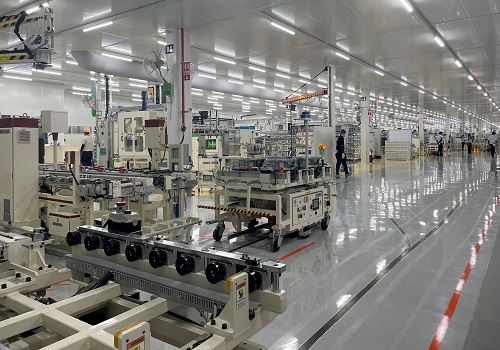Sector Update: India Internet From Clicks to Cash Profitability Paradigm in Ecommerce By JM Financial Institutional Securities
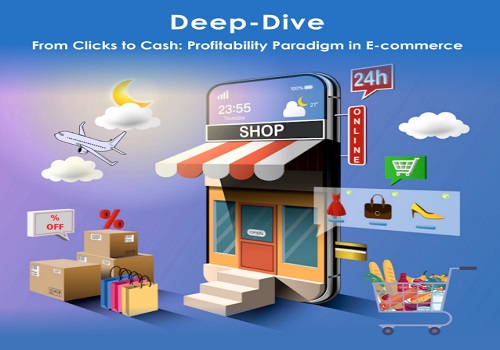
E-commerce penetration plateauing for big-ticket items and rising for long-tail products: In big-ticket categories such as large electronics and mobiles, 70%+ of our survey participants do shop online already. Predictably, 52% participants had 50%+ online wallet share for mobiles while the same was only 27% for large electronics. However, 55% / 50% of people shopping large electronics / mobiles online answered negatively when asked about their willingness to increase their online wallet share. In comparison, shoppers of small ticket items such as food, grocery and home merchandise exhibited a higher willingness to increase their online wallet share. Interestingly, this was despite the current penetration levels for food/grocery being similar to mobiles and home merchandise being similar to large electronics. We hypothesise that the convenience of easy availability of these categories on a single platform is driving this favourable consumer behaviour.
Favourites established by categories: Indian consumers are believed to be value seekers. However, an overwhelming majority of our survey participants demonstrated a platform of choice across categories – Nykaa for BPC, MakeMyTrip for travel, PolicyBazaar for insurance, Amazon in tier 1 cities and so on. In case of fashion, electronics / mobiles and food / grocery, favourites tend to vary by participant but there surely exists a preferred platform. This favouritism is to such an extent that the consumers do not even compare pricing on other platforms; while admitting their awareness of potentially better deals if only they compared more. This clearly counters the value-seeking image. As highlighted in our report on ascribing multiples, robust network effects are emerging across these platforms.
Platform and delivery fees on the rise: BookMyShow has leveraged its monopolistic position and online travel aggregators (OTAs) have benefitted from oligopoly to levy platform fees since the very beginning. With food-tech platforms also ramping up platform fees in line with their quick commerce peers, we are now seeing a wider adoption. Simultaneously, e-commerce players started charging platform fees to consumers with higher-than-average returns as well as on popular products during the sale season. Companies are now pushing loyalty programmes and tying free delivery to them, and are consistently revising the cost upwards. While these charges might come across as relatively modest in absolute terms, it is noteworthy that users in our survey (~56% on average) are actively tracking the rise. We anticipate that companies will keep on testing incrementally higher fees in cohorts to avoid consumer uproar while optimising their bottom line.
Expect profitability boost at the cost of consumer experience: Thanks to consolidation, nearly every category (including UPI and newer categories such as quick commerce) now has a limited set of players, resulting in oligopolistic tendencies. With widespread consumer habit formation and lack of alternate options, consumers are still sticking begrudgingly. The weights are now tilted towards the incumbents and they are resorting to higher fees, lower discounts as well as lower user satisfaction, resulting in improved profitability. Occasionally, we see users raising the question of why the incumbents are doing it – “because they can”.
We are sending you the research report published by JM Financial Institutional Securities Limited (the Company) for your reference. Kindly note that the said report is distributed by the Company and/or its affiliates only to select recipients/clients and hence the report is not made publicly available by us. The said report is subject to all the disclosures/disclaimers mentioned therein. The Company and/or its affiliates shall not be in any way responsible.
Above views are of the author and not of the website kindly read disclaimer
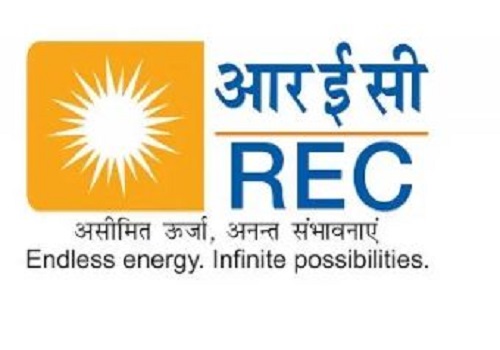

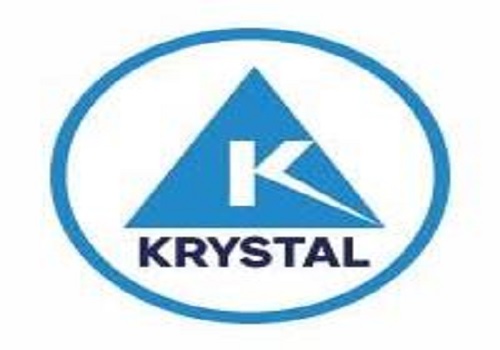





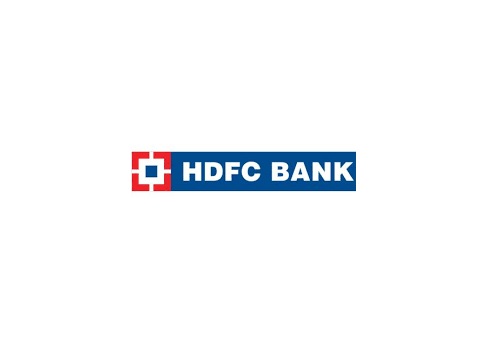

Top News
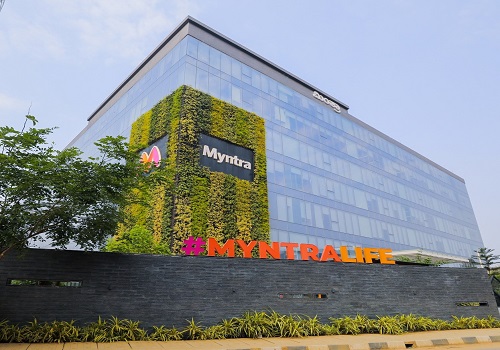
Myntra outpaces market with strong growth aided by customer acquisition, innovation & operat...
More News

Quant Research - Alphabet Factor Portfolios July`24 by Kotak Institutional Equities

